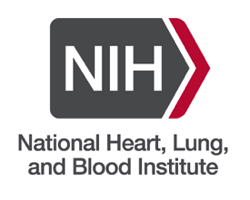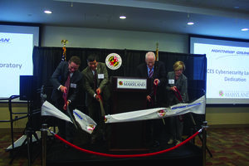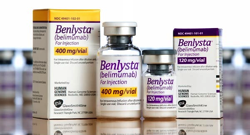

Funding and Research Opportunities
The following funding opportunity announcements from the NHLBI or other components of the National Institutes of Health, might be of interest:
Notices:
- Notice of NIOSH/CDC Participation in PA-16-019 “Innovation Corps (I-Corps) at NIH Program for NIH and CDC Phase I Small Business Innovation Research (SBIR) and Small Business Technology Transfer (STTR) Grantees (Admin Supp)”
- (NOT-CD-16-001) National Institute for Occupational Safety and Health
- NHLBI Announces Small Business Topics of Special Interest (TOSI)
- (NOT-HL-15-282) National Heart, Lung, and Blood Institute
- Notice of Correction to Award Budget in PAR-16-026 “SBIR/STTR Commercialization Readiness Pilot (CRP) Program: Technical Assistance (SB1)”
- (NOT-HL-15-283) National Heart, Lung, and Blood Institute
Requests for Applications:
- NHLBI Progenitor Cell Translational Consortium (U01)
- (RFA-HL-16-021) National Heart, Lung, and Blood Institute
- Application Receipt Date(s): February 08, 2016
- NHLBI Progenitor Cell Translational Consortium Coordinating Center (U24)
- (RFA-HL-16-022) National Heart, Lung, and Blood Institute
- Application Receipt Date(s): February 08, 2016









